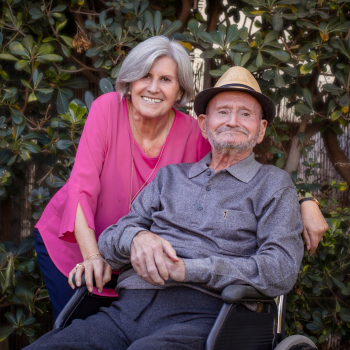The Closest Alligator There always seem to be a million tasks to do, in all phases of life. Put away your toys! Finish your homework! Apply for those jobs! Make another report! Change the diapers! Do the laundry! Clean the house! Cut the lawn! Put out the decorations! Even after retirement life seems to change into the same.











